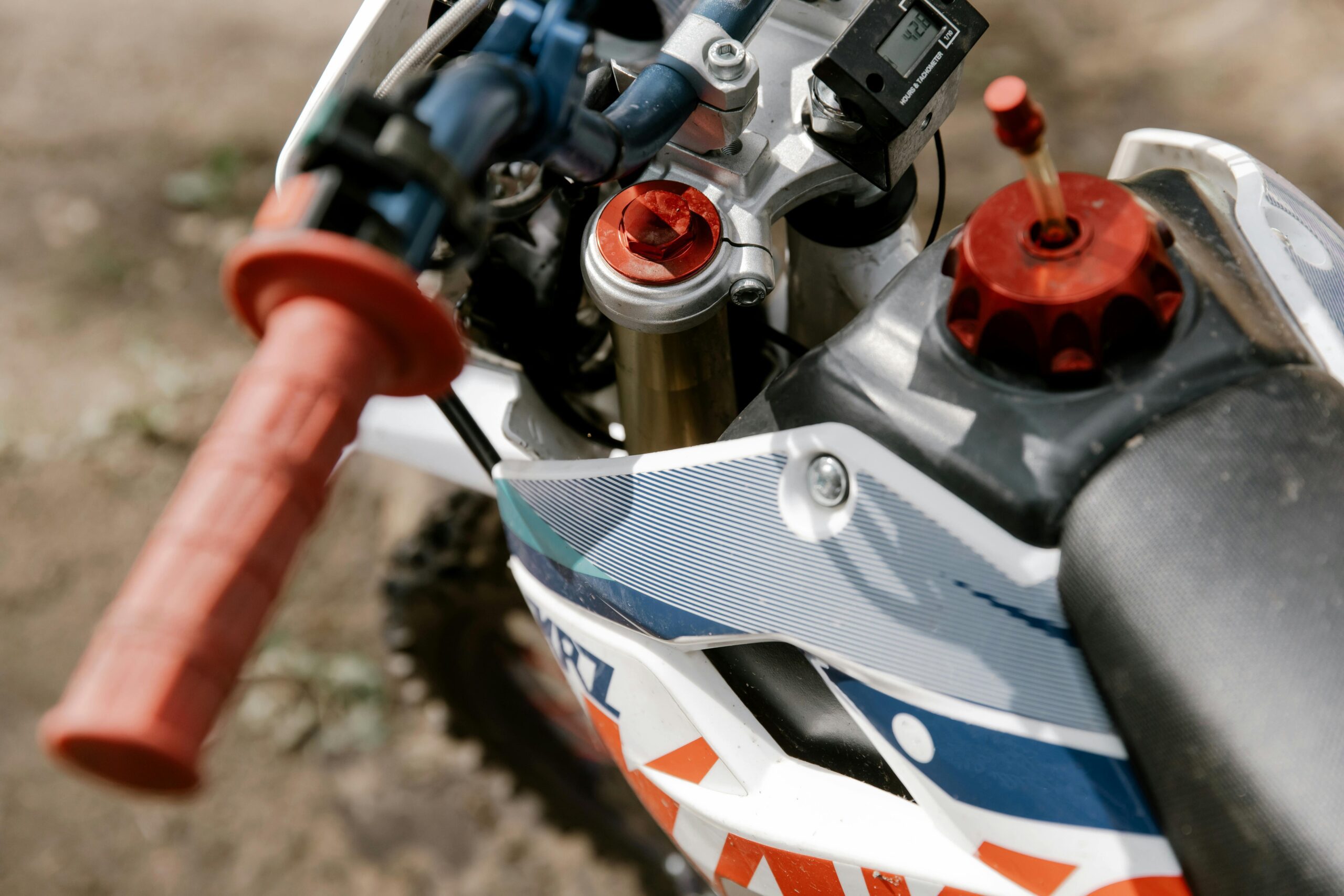There is a magic and solidarity that come with two-wheeled journeys.
For as long as I can remember, I always understood that riding a motorbike was the beginning of a journey from which you never return, even when you put your feet back on the ground. On a bike you must keep moving forward. Because if you stop, you fall off. This is probably one definition of freedom.
Before this, though, is the first feeling of freedom: the bicycle. I remember my first bicycle so clearly, it’s color a ‘racing’ red. I must have ridden thousands of kilometers, must have invented a hundred stages of my own personal Tour de France. Cycling is, first and foremost, a form of wandering that gives free rein to your imagination. Every time I crossed the avenue of plane trees that led to the village square of my childhood, my bicycle allowed me to experience fantasized sprints and cheers of enthusiastic public. And it was under these same plane trees when, a few years later, on an icy morning in this small Provencal village, my grandfather Louis gave me my first moped.
It was an orange 103 Peugeot, recovered in a dump, and which Grandpa Louis had repaired himself. The expression on my face when I saw this moped was probably one of the most joyous in life. As I grabbed it, I knew that this machine was going to make me happy and be part of my emancipation from childhood.
I spent hours and a few francs changing the exhaust (Cobra), the handlebars (twisted), and the carburetor (a Dellorto). I’d ride it without knowing where I was going, carrying my sister and friends, getting lost, making my mother anxious, freezing, running out of petrol. It was a sad day when the 103 finally gave up its cylindrical.
After that came the first motorcycle, then a second, a third. And now, at 51 years old, I have never stopped espousing the philosophy that goes with having a motorbike. It’s a choice that structures our relationship with speed, risk, and even death. On a two-wheeler, there is an overwhelming need to move forward, like a summons to travel. Balance only comes through movement. When you grab your helmet and climb on, you are transformed. You are an explorer or a conqueror. And the moment you dismount, you become an earthling again, heavy, and clumsy, hampered by weight, stuck by the force of gravity.
I’m not talking about motorbiking in urban areas; yes, that’s often convenient and fast, but in my opinions it is an unnatural use of the motorbike. As for riding on motorways, that is unbearably boring and uncomfortable. For me, straddling a motorcycle is a constantly renewed search for the best way to attack a curve, to bend over, to seek and find that angle when one has the sensation of flying above the road, suspended yet anchored to the asphalt, in full possession of gravity. This sensation, born of the opposition between two forces (centrifugal and centripetal), acts like a drug that drives people to search everywhere for the winding roads where turns like stunning landscapes. The more it winds, the more the trip resembles a dances where the curves are round soft, and intoxicating. The quest for turns is the reason why bikers seek out the sinuosity that takes them to the most remote terrain.
A unique relationship is also formed with the air. It’s a relationship characterized by the capacity of the air to give shape to speed but also to put you in direct contact with that crossed landscapes, their panoramas, their reliefs. Above all you’re in contact with the smells — those of forests, scrub, or burning asphalt in August that’s suddenly refreshed by undergrowth serving as air conditioning.
It is probably because every biker is aware of the risk they take each time they take each time they press their left foot on the gear selector that they form a community of support. In a world where individualism too often rhymes with selfishness, motorcycling, though it’s an individual activity, proves that one can remain autonomous without leaving the group. Bikers can count on an almost flawless solidarity, and thus they have formed a permanent community of mutual aid. A biker stuck on the side of the road never stays there for long. There is always another biker to stop and offer help. Nobody teaches that; it’s just the way it is.
When two bikers pass each other, they make a gesture: two fingers of the left hand reach out, or the right foot comes down from its footrest when overtaking. Yet two bikers who pass each other have probably never seen each other again. This gesture does not answer any obligation and is not taught in any motorcycle school. It is simply a sign of recognition between people who do not know each other but who say to each other, “I see you, I recognize you, everything is fine.” I consider it proof that even strangers know how to respect and help each other.
This motorcycle is a promise, an excited and happy child. At the end of the journey, when you put your foot down and take off your helmet, you realize that what you were looking for mounted with you on the motorcycle’s saddle. There is no destination; there is only the journey.
It’s the story of our lives, a quest. It’s what we are constantly looking for, everywhere — and it is right there inside of us.





